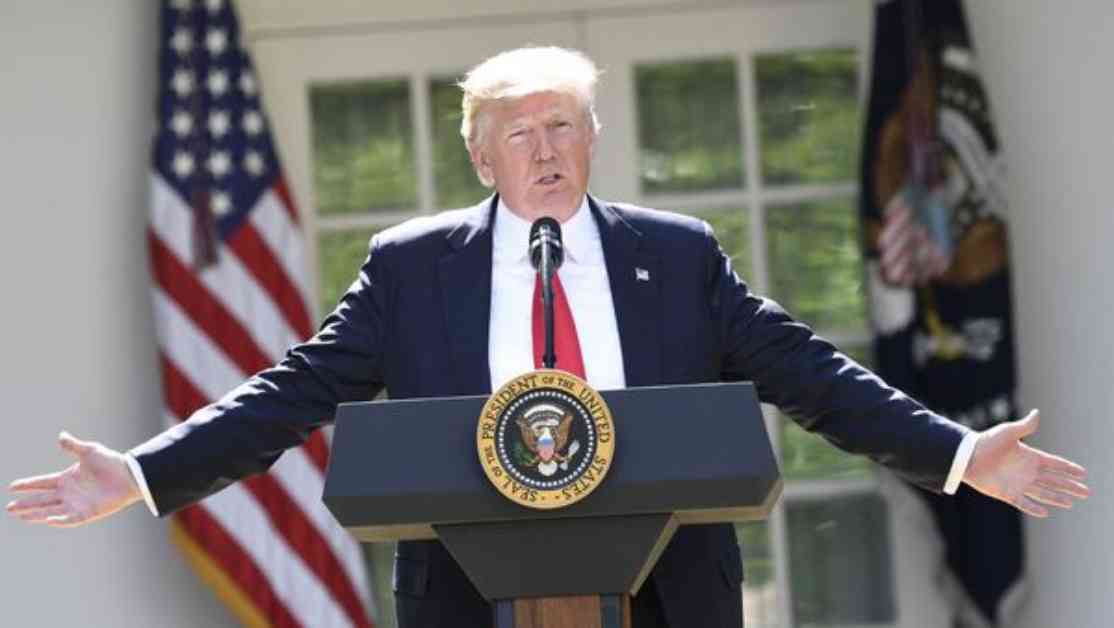Inauguration speech Donald Trump promised that, in his administration, “we will not forget our constitution.” Before the day was over, Mr Trump had signed an executive order that, if implemented, would apparently end birthright citizenship, which is guaranteed by the 14th Amendment to the constitution. According to the plain text of the amendment, “all persons born or naturalised in the United States, and subject to the jurisdiction thereof, are citizens of the United States.” It doesn’t mean what it appears to mean, Mr Trump claims.
### Birthright Citizenship Under Fire
Under Mr Trump’s order, from next month the federal government will refuse to issue “documents recognizing American citizenship” (presumably passports) to newborns unless they have a parent who is either a citizen or a permanent resident of the United States. Children born in America to unauthorized immigrants would thus be excluded. But so too would those of around 3 million people living in America on exchange, work, or student visas.
### Constitutional History and Interpretation
Relatively few rich countries automatically extend citizenship to everyone born on their territory (though Canada does, as do most countries in Latin America). America started doing so at the end of the civil war. The constitution was amended then to overturn the Dred Scott decision of 1857, which held that black people were not Americans. The 14th Amendment ensured that freed slaves and their children would henceforth be citizens.
### Legal Precedents and Challenges
Since 1898, when United States v Wong Kim Ark was decided by the Supreme Court, American law and practice has held that birthright citizenship applies to the children of foreigners. A president cannot overturn over a century of precedent about how to interpret a constitutional amendment with an executive order. Mr Trump’s order seems unlikely to survive legal challenges, even with a friendly Supreme Court.
### Potential Impact and Consequences
Ending birthright citizenship would also create some perverse outcomes, with legal immigrants giving birth to undocumented “immigrants.” The effect of ending birthright citizenship, combined with America’s current immigration law, would be to create a growing class of second-class residents—non-immigrants who can never become citizens. Fortunately, Mr Trump probably lacks the power to bring that about.
### Expert Commentary and Conclusion
Republican representatives in Congress have repeatedly introduced laws ending birthright citizenship, though none has got out of committee. A president cannot overturn over a century of precedent about how to interpret a constitutional amendment with an executive order. Stay on top of American politics with The US in brief, our daily newsletter with fast analysis of the most important political news.
The Trump administration’s argument is that the 14th Amendment “has never been interpreted to extend citizenship universally to everyone born within the United States.” Narrowly speaking, this is true. The American-born children of foreign diplomats, who have immunity from prosecution, have always been excluded from American citizenship, under the clause about jurisdiction. Until the passage of the Indian Citizenship Act in 1924, so too were some native Americans. But Mr Trump seems to think the jurisdiction clause allows him to exclude far more people.
In conclusion, while the debate over birthright citizenship continues, its implications are far-reaching and complex. As legal challenges loom and expert opinions clash, the future of this fundamental aspect of American identity remains uncertain.


























